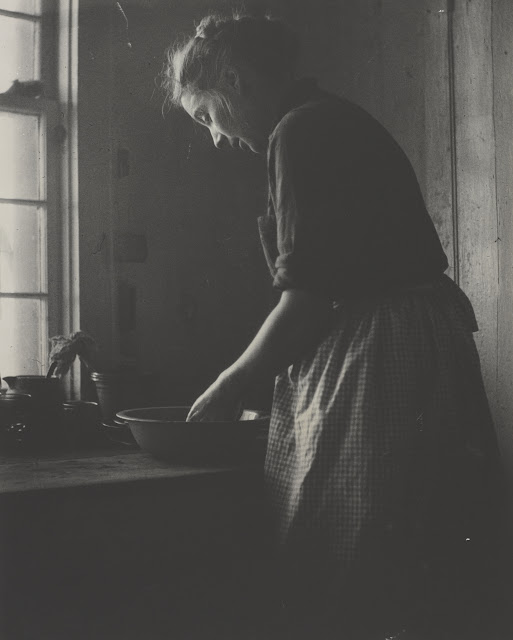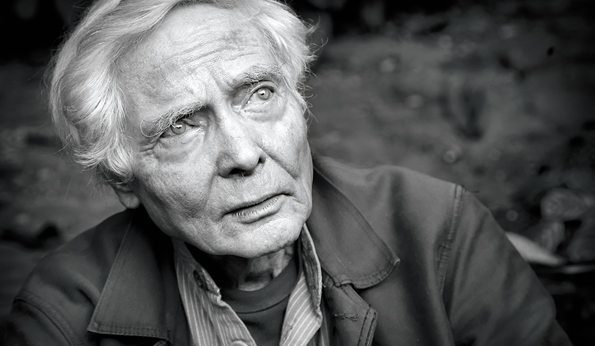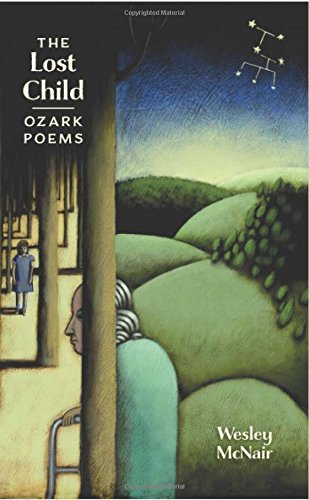Today we share two
verses by master American poets.
Each of them begins with a glimpse at a mother. One
is remembered by a child grown up and the other shares an intimate
moment with an adult son.
W.S. Merwin was born in
New York City on September 30, 1927. He grew up in Union City, New
Jersey, and lived there until 1936, when his family moved to Scranton,
Pennsylvania. As a child, he was enamored of the natural
world, sometimes finding himself talking to the large tree in
his back yard. He was also fascinated with things that he saw as links
to the past, like a building behind his home that had once been a
coach house. At the age of five
he started writing hymns for his father, a Presbyterian
minister.
Merwin wrote more
than fifty books of poetry and prose, and many works of translation.
During the 1960s anti-war movement,
his unique craft was characterized by indirect, unpunctuated
narration. In the 1980s and 1990s, his writing was influenced by an interest
in Buddhist philosophy and deep ecology. Living in a rural
part of Maui, Hawaii, he wrote prolifically and was dedicated
to the restoration of the island’s rainforests. He was one of the few late 20th Century and
early 21st Century poets to fill two large volumes in the Library
of America great authors series.
Merwin received
many honors, including the Pulitzer Prize for Poetry in 1971 and
2009; the National Book Award for Poetry in 2005, and the Tanning
Prize—one of the highest honors of the Academy of American Poets—as
well as the Golden Wreath of the Struga Poetry Evenings. In 2010, the Library
of Congress named him the 17th United States Poet Laureate.
He died in
his sleep at his Maui home on March 15, 2019 at the age of 91.
Mr Daley
Mr Daley could whistle between his teeth
but just the one phrase over and over
it was in the good old summertime
and it made my mother sniff and shake her head
as he pushed the big wooden spoon around
and around the pot of flour paste he was mixing
on the old coal range in the back kitchen
near the laundry tubs that smelled of laundry tubs
as the flour paste smelled of flour paste
and Mr Daley smelled of Mr Daley
in a stale shirt he was old in his fifties
with a hump between his shoulders and it was
still summertime and he would carry the pot
up the back stairs to the heat of the attic
where he had already carried the truckload
of mattress cartons one at a time
got for nothing from the Furniture Store
& Funeral Parlor on South Main Street
and he had nailed them up under the attic beams
and then would paper them end to end with old
church bulletins as insulation
because the house was so cold in winter
he kept laughing to himself about something
while he worked and whistled they said he was not
like his daughter Isabel whom they admired
who worked in Thomas’s Piano Store
that would burn down one winter with icicles
forming from the jets of the fire hoses
and the flames racing up inside the rooms until
the top floors stacked high with pianos
crashed slowly together through icicles
and piano chords chiming in chorus
while I stood watching from across the street
on the stone steps of the Methodist church
remembering Mr Daley whistling
between his teeth in the good old summertime
—W.S. Merwin
Wesley
McNair
was born in New Hampshire in 1941who went on to earn his undergraduate
degree from Keene State College and has earned two advanced
degrees from Middlebury College—an MA in English, and an M.Litt.
in American literature. He has also studied American literature, art,
and history at Dartmouth College, on a National Endowment for
the Humanities Fellowship. In 2018 he was professor emeritus and writer
in residence at the University of Maine at Farmington. He has lived in Mercer, Maine
for many years.
He
is often considered a New England regionalist who often deals with “the
struggles of the economic misfits of his native New England, often with humor
and through the use of telling details.”
In his memoir The
Words I Chose, McNair referred to the region of his poetry as “a place
of farmers under threat, ethnic shop workers, traders, and misfits at the
margins” in which he explored “their American dreams, failures,
self-doubts, and restlessness.” He added to these themes, love
and its absence, loss and disability, and the precarious
bonds of family and community. The peccadillos and conflicts
of his own extended family.
McNair has authored 10 volumes of poetry, most recently, Lovers of the Lost: New & Selected Poems in 2010, The Lost Child: Ozark Poems 2014), The Unfastening in 2017, and Dwellers in the House of the Lord in 2020. He has also written three books of prose, including his memoir in 2013. In addition, he has edited several anthologies of Maine writing, and served as a guest editor in poetry for the 2010 Pushcart Prize Annual. From 2011 to 2016 he served as the Poet Laureate of Maine and 2015 was the recipient of the PEN New England Award for Literary Excellence in Poetry, for The Lost Child: Ozark Poems, which included this poem.
Making Things
Clean
One would hardly recognize him like this,
the high-school shop teacher, glasses off,
bent over the kitchen sink. Nearby,
house dresses and underpants flutter
in the window of the Maytag he bought
for his mother. Its groaning is the only
sound while she washes his hair,
lifting the trembling water in her hands
as she has always done, working foam up
from his gray locks like the lightest
batter she ever made. Soon enough,
glasses back on, he will stand
before students who mock his dullness;
soon, putting up clothes, she’ll feel
the ache of a body surrendering to age.
A little longer let him close his eyes
against soap by her apron, let her move
her fingers slowly, slowly in this way
the two of them have found to be together,
this transfiguring moment in the world’s
old work of making things clean.
—Wesley McNair





No comments:
Post a Comment